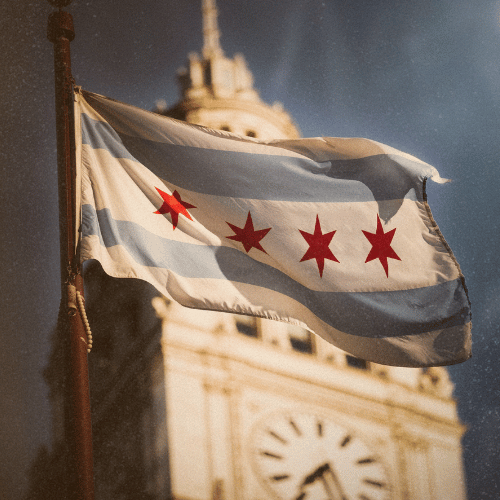Does a DUI Follow You When You Move Out of State?
Illinois participates in the Interstate Driver’s License Compact (IDLC), an agreement among most U.S. states to share information about serious traffic offenses, including DUIs. When you are convicted of a DUI in Illinois, that information is reported to the National Driver Register(NDR), a federal database that tracks drivers with revoked or suspended licenses. When you apply for a driver’s license in a new state, that state’s licensing agency will check the NDR. If your name appears in the database due to a DUI conviction in Illinois, the new state may deny your application or impose restrictions until you resolve the issue in Illinois.
Impact on Your Driving Privileges
A DUI conviction in Illinois can lead to the suspension or revocation of your driving privileges. If you move to another state, that state may honor the suspension or revocation imposed by Illinois. This means you could be denied a driver’s license in your new state until you meet the reinstatement requirements set by Illinois. To reinstate your driving privileges, you may need to:
- Complete any required alcohol or drug education programs.
- Pay all fines and fees associated with your DUI conviction.
- Undergo a formal hearing process with the Illinois Secretary of State’s office.
It’s important to note that reinstatement requirements can be complex and time-consuming. Working with an experienced DUI attorney can help you understand this process more effectively.
The Role of the National Driver Register
The National Driver Register (NDR) is a federal database that contains information about drivers who have had their licenses revoked or suspended, or who have been convicted of serious traffic offenses like DUI. When you apply for a driver’s license in a new state, that state’s licensing agency will check the NDR. If your name appears in the database due to a DUI conviction in Illinois, the new state may deny your application or impose restrictions until you resolve the issue in Illinois.
Steps to Take If You Have a DUI Conviction and Are Moving Out of State
- Check Your Driving Record: Obtain a copy of your driving record from the Illinois Secretary of State to understand the status of your license.
- Consult with an Attorney: An experienced DUI attorney can help you understand the implications of your conviction and guide you through the process of reinstating your driving privileges.
- Complete Required Programs: If you haven’t already, complete any court-ordered alcohol or drug education programs.
- Pay Fines and Fees: Ensure all fines and fees associated with your DUI conviction are paid in full.
- Attend a Formal Hearing: You may need to attend a formal hearing with the Illinois Secretary of State’s office to request the reinstatement of your driving privileges.
Importance of Legal Representation
Dealing with the aftermath of a DUI conviction can be challenging, especially when it affects your ability to obtain a driver’s license in a new state. An experienced DUI attorney can help you understand your rights, navigate the reinstatement process, and work toward restoring your driving privileges.
If you’re facing a DUI conviction in Illinois and are concerned about how it might affect your ability to drive in another state, contact Attorney Andy Sotiropoulos for a free case evaluation. With extensive experience in DUI defense, Andy can provide the guidance you need to address your concerns and work toward a favorable outcome.






